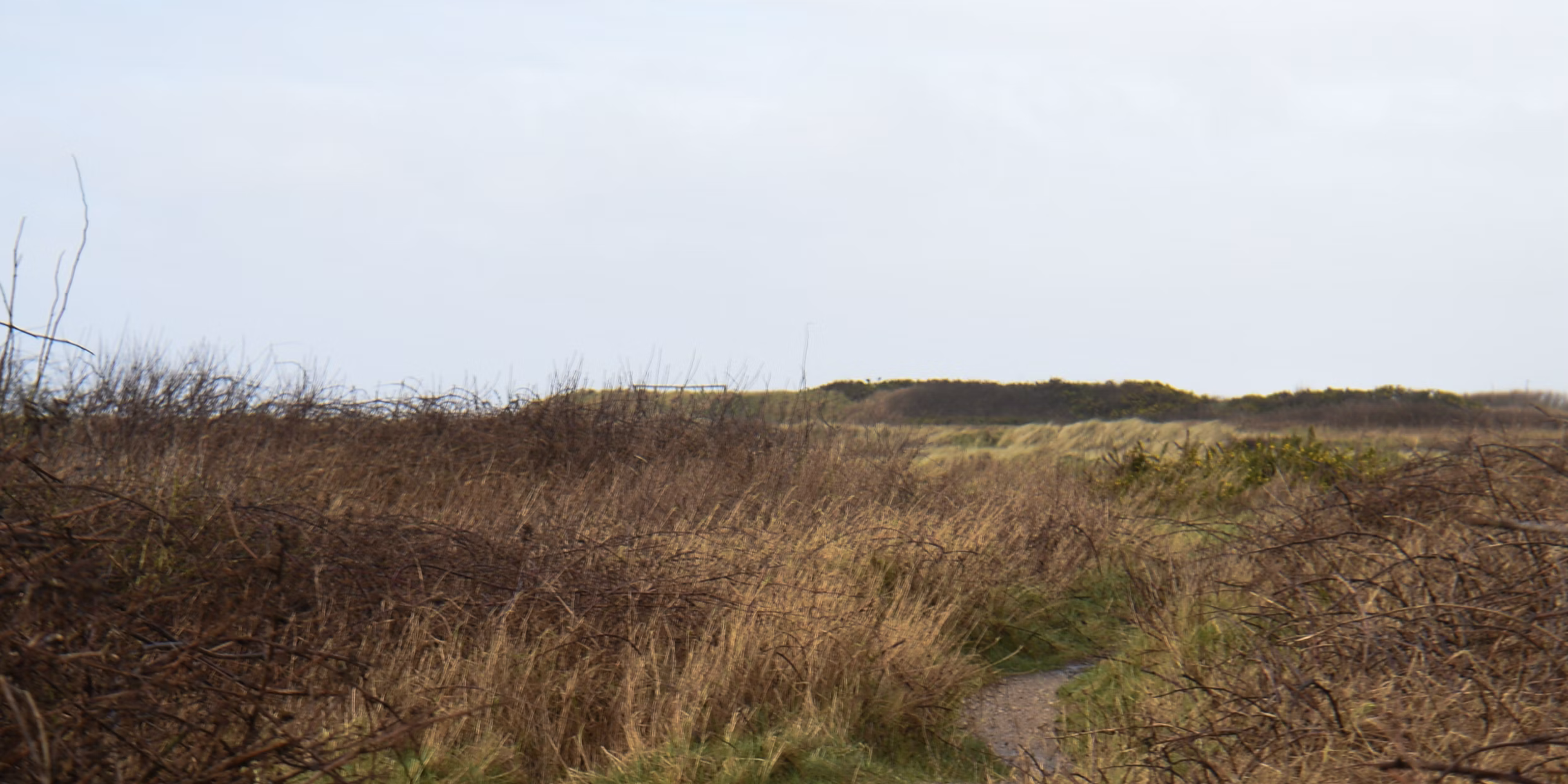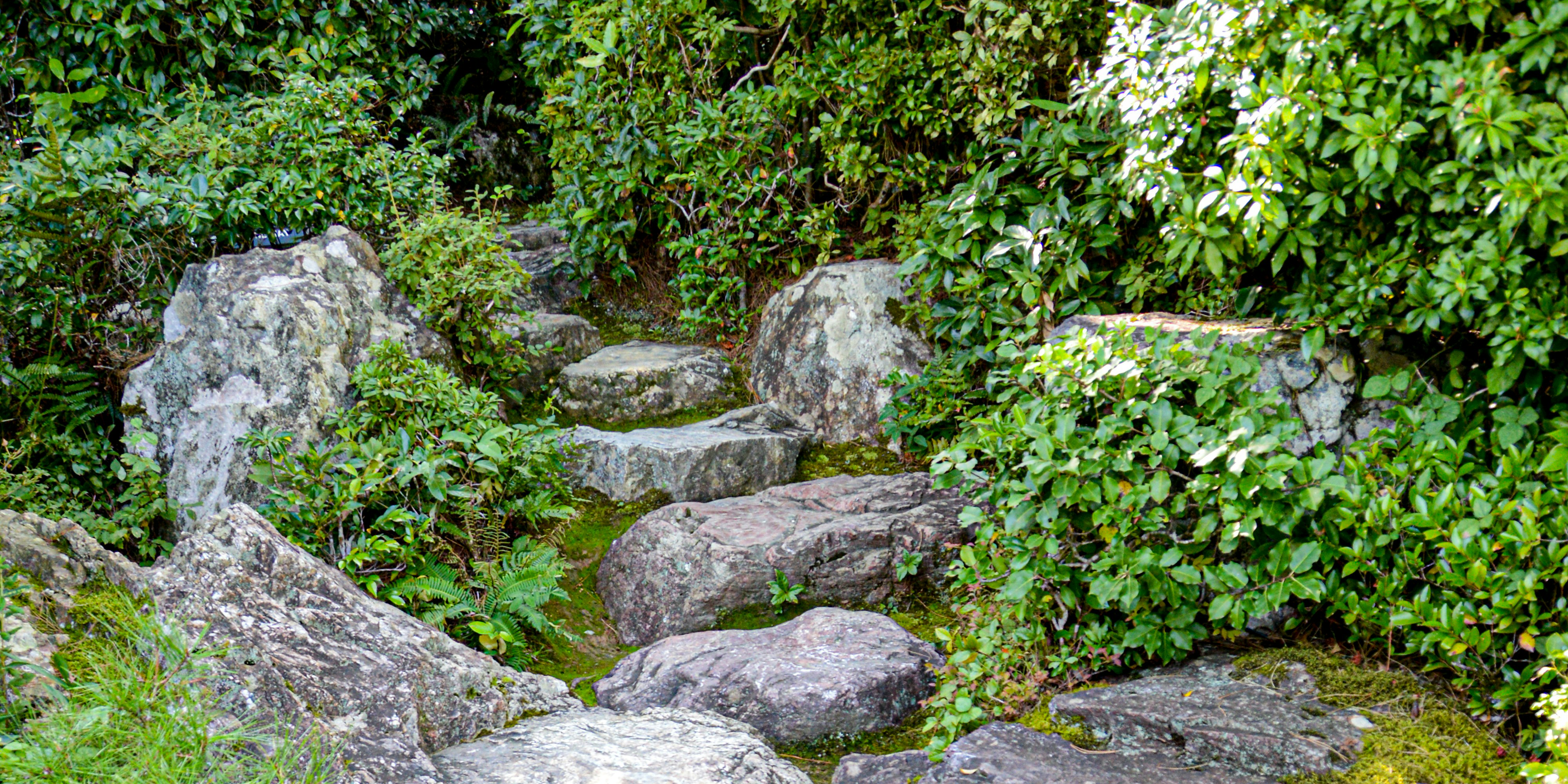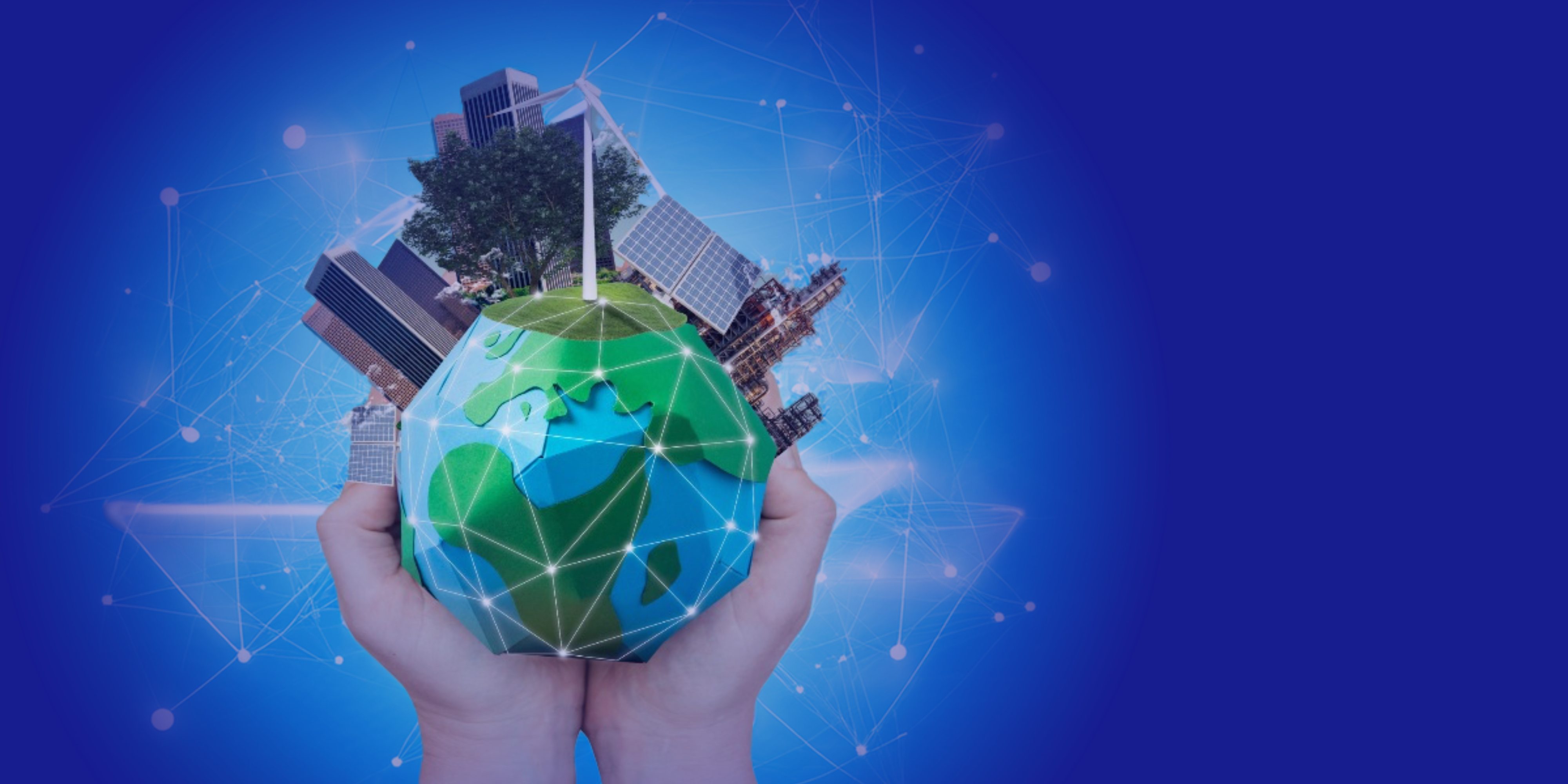It’s World Ocean Day on the 8th of June. Celebrated globally, there is undeniably plenty of work that needs to be done on a local scale to support ocean life around our coasts. This day should promote continuous and renewed dialogue between Industry, Private Sector and Government, with regards to the negative impact ocean mismanagement is having on our country, as well as the opportunities being missed.
South Africa has a marine litter crisis! According to the United Nation Environment Programme, in 2020 there was already between 90,000 and 250,000 tonnes of waste ending up in our oceans, annually. Also threatened by overfishing, pollution – especially plastic, leaking sewage, and of course - climate change, each gravely threaten our health, economy, and overall security in South Africa.
Focusing on cleaning up our oceans and implementing effective waste management systems is not only critical for the successful operations of the high economic value sectors such as fisheries, forestry, and tourism, but moreover our oceans present a real solution to another crisis facing our country – energy production.
The ocean has potential as the source of renewable energy - off-shore wind and ocean energy, derived from natural sources, such as wind, water and tides, that don't emit carbon dioxide or other greenhouse gases that contribute to global warming.
How then can we harness the power of the ocean?
To produce electricity or heat, ocean energy systems use the kinetic and thermal energy of seawater. Although it is still at an early development stage, ocean energy has the potential to not only meet, but also exceed present human energy requirements – presenting a sustainable solution for South Africa’s energy crisis.
Waves, currents, and tides can be used to produce electricity, through the use of the following ocean technologies:
- Wave energy - converters that capture the energy contained in ocean waves and use it to generate electricity.
- Tidal energy - produced by tidal-range technologies using a barrage (a dam or other barrier) to harvest power between high and low tide.
- Salinity gradient energy - that arises from differing salt concentrations, as occurs where a river empties into an ocean.
- Ocean thermal energy conversion - which generates power from the temperature difference between warm surface seawater and cold seawater at 800–1,000 metres depth.
If indeed we aim to benefit from the ocean as a source of renewable energy, first address the waste problem in our country. Various ocean-based projects have been implemented in recent years, with some successful results, yet according to the same UN Environment article - over 80% of marine litter originate on land, mediated through flash floods and river inputs. Therefore, we need to find the most efficient, legally and ethically compliant, innovative and sustainable ways to manage waste products on land. By addressing the source of the problem, we will keep our oceans clean and ready to reap economic opportunities.
In line with this year's theme for World Oceans Day "Planet Ocean: Tides are Changing" - the development of a circular economy for waste on land is essential to preserving South Africa's marine resources, and it should be adopted across the public and private sectors and civil society to make sustainable decisions to protect the marine ecosystem. It is detrimental to our oceans' conservation - for our sake and that of future generations.





SUBMIT YOUR COMMENT